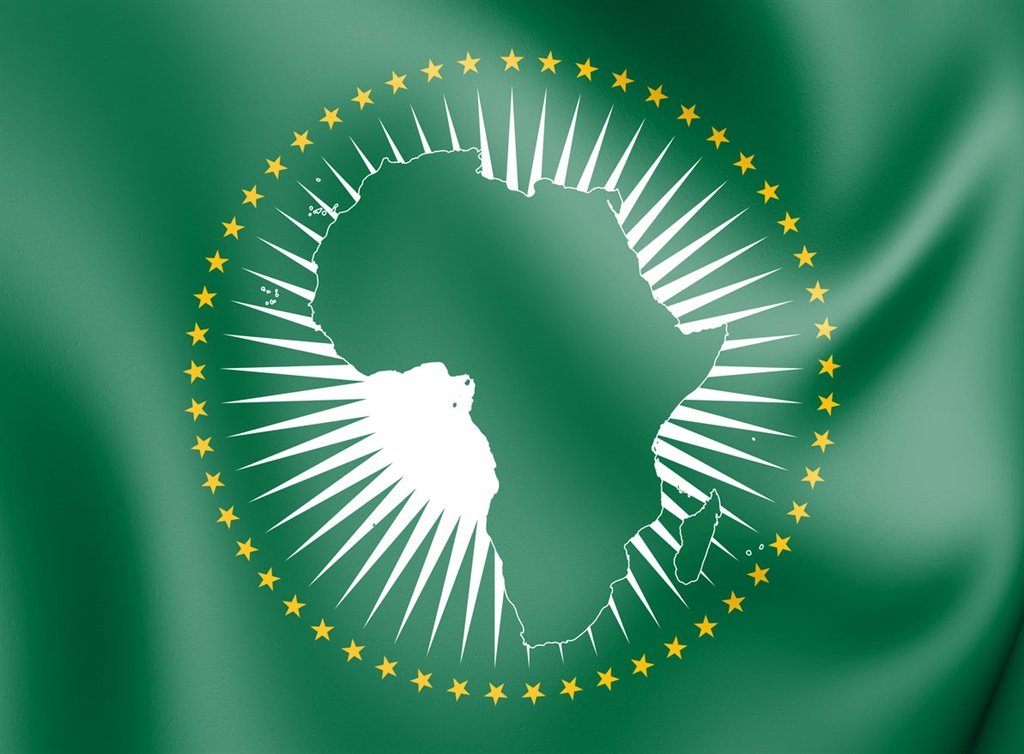

The African Union on Friday said it was recalling a team to observe a constitutional referendum and legislative elections in Guinea on Sunday that have been overshadowed by fears of violence.
The European Union also voiced its concern.
In a statement, the AU said it had decided to recall its observers in the light of “recent pre-electoral developments” in Guinea.
It cited a “major controversy” surrounding the country’s electoral roll and the “impossibility” of the West African regional bloc ECOWAS to be able to confer with President Alpha Conde ahead of the high-stakes vote.
Conde, 81, is staging a referendum to modify a constitution that, he says, needs to be overhauled and take into account pressing social issues, such as banning female genital mutilation.
But critics say the change is a ploy to enable him to stay in office beyond the maximum two five-year terms allowed under the present constitution.
The impoverished state, one of the most volatile in all of Africa, has been roiled by months of protests against Conde’s plan.
At least 31 people have died, including a gendarme.
The opposition has vowed to boycott Sunday’s vote, and fears of a return to Guinea’s bloody past are high.
Doubts about the credibility of the poll swelled this week when the International Organisation of La Francophonie (OIF), gathering French-speaking states, queried 2.49 million out of the 7.7 million names on the electoral roll.
They included duplicate registrations and people who had died, it said.
The head of the electoral commission, Amadou Salif Kebe, said the register was not flawless but “sufficiently credible”.
President Conde became Guinea’s first democratically-elected leader in 2010 and was re-elected in 2015.
But activists have accused him of authoritarian drift after arrests of opposition figures and the protest deaths.
On Thursday, the 15-nation Economic Community of West African States (Ecowas) – which has been a traditional mediator in Guinea’s crises – said it would not deploy vote observers “because the situation is not free of all risk.”
The bloc also cancelled, at the last minute, a trip by four African leaders for “good offices” talks with Conde, who is under pressure to hold a dialogue with opponents. It said Conde had problems with his schedule.
Meanwhile, the EU said the OIF statement and the recall of the AU observers confirmed its concerns.
“The situation increases the risk of division and tension within the national community,” it said.
“Lack of inclusiveness and transparency casts doubt on the credibility of future elections,” it added, in a veiled reference to presidential elections due at the end of the year.
